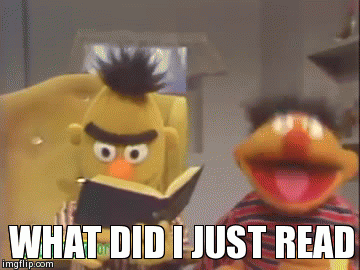What do you think?
Rate this book


192 pages, Paperback
First published January 1, 1968

“Why are people so desperate to live? Isn’t it unnatural that people who have not even been exposed to the danger of death should feel a desire to live?” (Chapter 49)
Just then, his eyes encountered something hideous. On top of the fallen paper was a cockroach, absolutely still. At the very moment he stretched out his hand, the glossy mahogany-colored insect scurried away with extraordinary vitality and lost itself among the printed words.
He picked up the paper nevertheless, placed the page he had been reading on the table and cast his eyes over it again. Suddenly, all the letters he was trying to make out turned into cockroaches. His eyes pursued the letters as they made their escape, their disgustingly shiny dark-red backs in full view.
“So the world boils down to nothing more than this.”
It was a sudden revelation. And it was this insight that led to an overwhelming desire to die.
‘He simply could not fathom why people got married and ended up trapped for life, or became company employees working at the beck and call of others. Better to spend all his money. If he found himself penniless, suicide was always there as an option.’
‘There is just one crumb of comfort, however. Shinjuku may have become her Saturday night haunt and she might not breeze back home until the morning, but she’s always alone when she returns. For some reason, she can’t get close to anyone, and as a result she’s never brought a single low-life friend to the house. We are eternally grateful for that.’
‘As I grew up, whenever I found myself having to eat a beef stew or some such dish that contained carrots, I would be overcome with disgust—it was worse than peering into the depths of a toilet bowl. And if I came across that novel Poil de carotte—Carrot Head—by Jules Renard on the shelves of a bookshop, the author’s insensitivity would astonish me.’
‘The thought that his own life was about to cease cleansed his heart, the way peppermint cleanses the mouth.’